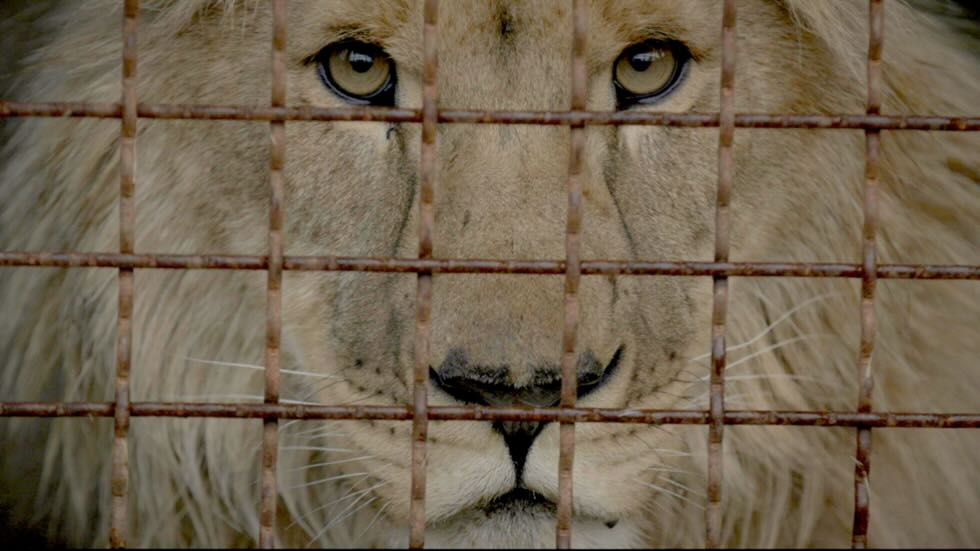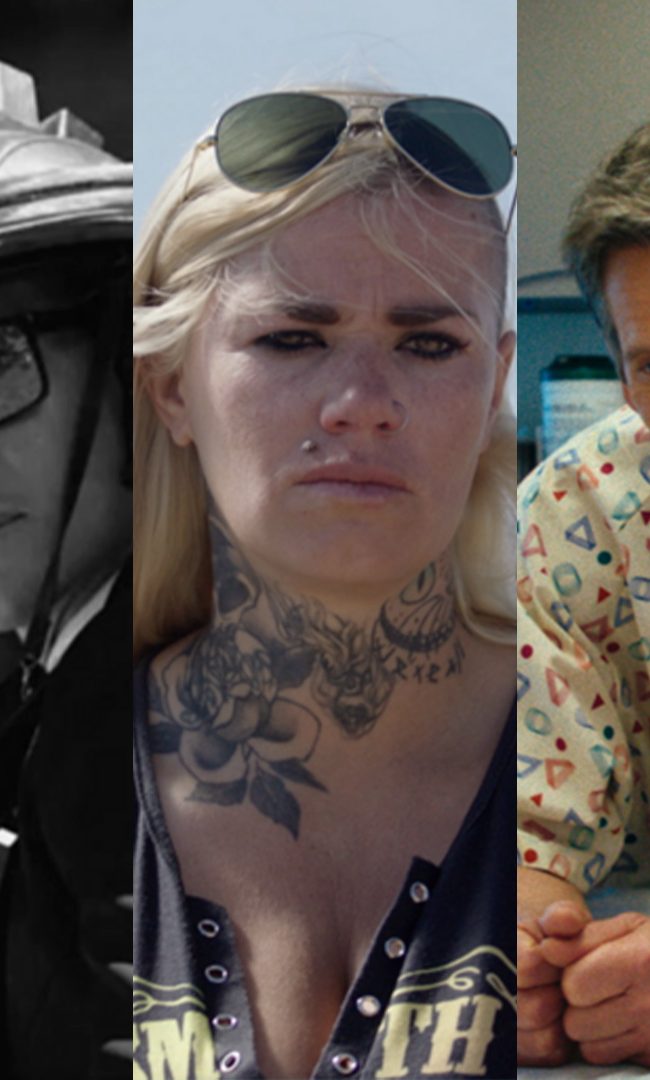CHECKPOINT ZOO

(The 2024 Tribeca Film Festival runs June 5-16, and as always, we have many boots on the ground. Check out Melanie Addington’s Checkpoint Zoo movie review. Seen it? Join the conversation with HtN on our Letterboxd Page.)
Reminding us that the worst type of animal on this planet is humans, Checkpoint Zoo explores the brave attempts of a few to rescue almost 5,000 zoo animals during the first 71 days of the Ukrainian-Russian war. Russia started the full-scale invasion of Ukraine on February 24, 2022. Feldman Ecopark, set in Lisne (Kharkiv) the second largest city in Ukraine, found itself in the crossfire of the conflict with bombs and checkpoints going off all around it. While the consequences of war are many, perhaps an overlooked item is the innocent animals who have no choice in the matter. While over 200 employees started, many left for safety leaving only a dozen trying to keep the animals safe.
While the documentary never delves into whether the ethics of keeping them caged matters (it does because releasing a bunch of predator lions into a populated city is not a solution), it does bravely show what happens when the animals, traumatized by the violence around them, throw themselves against cages desperate to escape.
Director Joshua Zeman perfectly balances the tragedy of the situation with the more heartwarming images of the caretakers and of course, the animals. Animal lovers may think this film is too hard to watch and honestly, it’s heartbreaking. But what is done so well by editors Daniel Lonsbury, Andrew Ford, Cy Christiansen and Kelly Kendrick is enough blending and warnings when there are difficult images to prepare you.
However, anyone with a shred of humanity can’t be fully prepared for what the footage shows us as bombs go off overhead, the camera operator running for safety, the screams of animals, and the loss of life. A particularly unsettling scene involves an intimate moment between a Russian soldier and a Ukrainian man who face each other. While we may not see the full-scale operation of the war, this small moment tells us more than any talking head interview could about what it is doing to people on both sides.
But the film is not all heartbreak. The core is one of resilience in the community and caring about something larger than yourself. It is an approachable way to examine the impact war has not just on those who choose to be in the conflict and those who defend themselves but what we are doing to our environment. While perhaps less important than the immediate story being told, the park also used to serve as a therapy base for children with special needs. While that was past, it would have been nice to hear from those families and what that place meant before being destroyed.
The footage was captured in the first couple of months of the bombing and carved out the focus on the three months of evacuation providing the viewer with a beginning, middle, and end. But as we know, there hasn’t been a real ending yet. What else is perhaps missing is the call to action that is deserved. The good news is that the park is working to restore. The zoo lost 6 people during the 6 months of the war at its doorstep and 250 animals. Over 34 countries gave them assistance ranging from ways to transport animals to medicine needed to get them moved.
The animals we got to know in the film also have updates on where they are and how they are doing at their website. The park is also now focusing on psychological health for the children who survived the war and doing summer camps. Bearing witness to this is important as a viewer not to just remind us that consequences of others’ actions sometimes create heroes among us but that in the most impossible situations, but also that in the worst of situations, there is a silver lining. There are moments when the world feels impossible and yet people make choices to help.
– Melanie Addington (@MelAddington)
2024 Tribeca Film Festival; Checkpoint Zoo movie; Joshua Zeman











